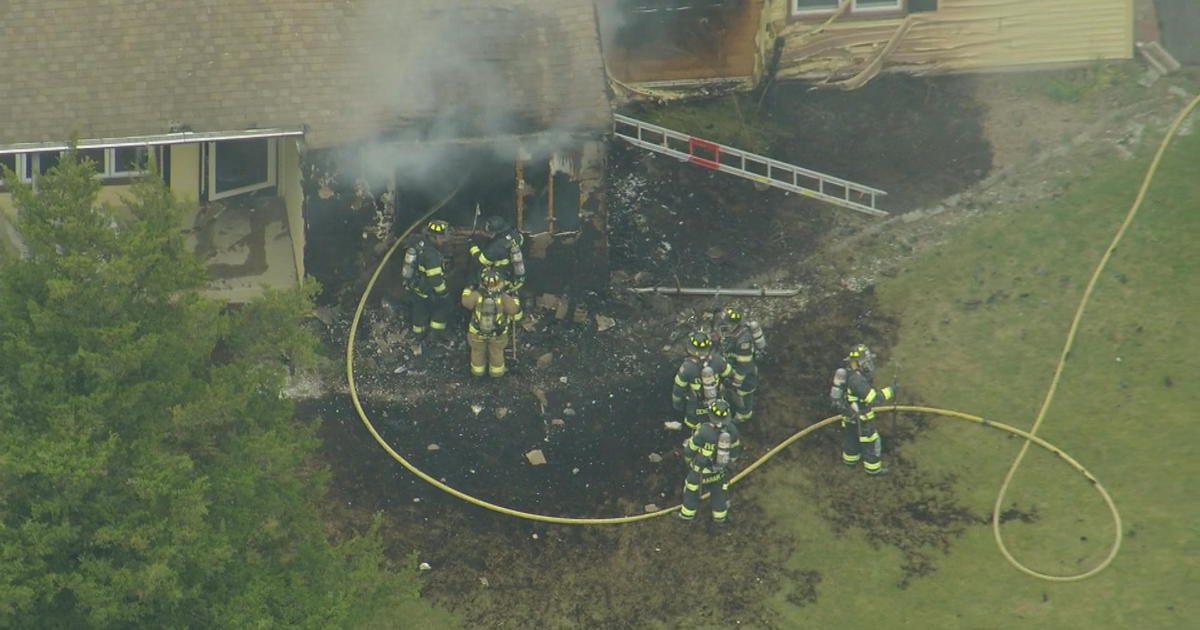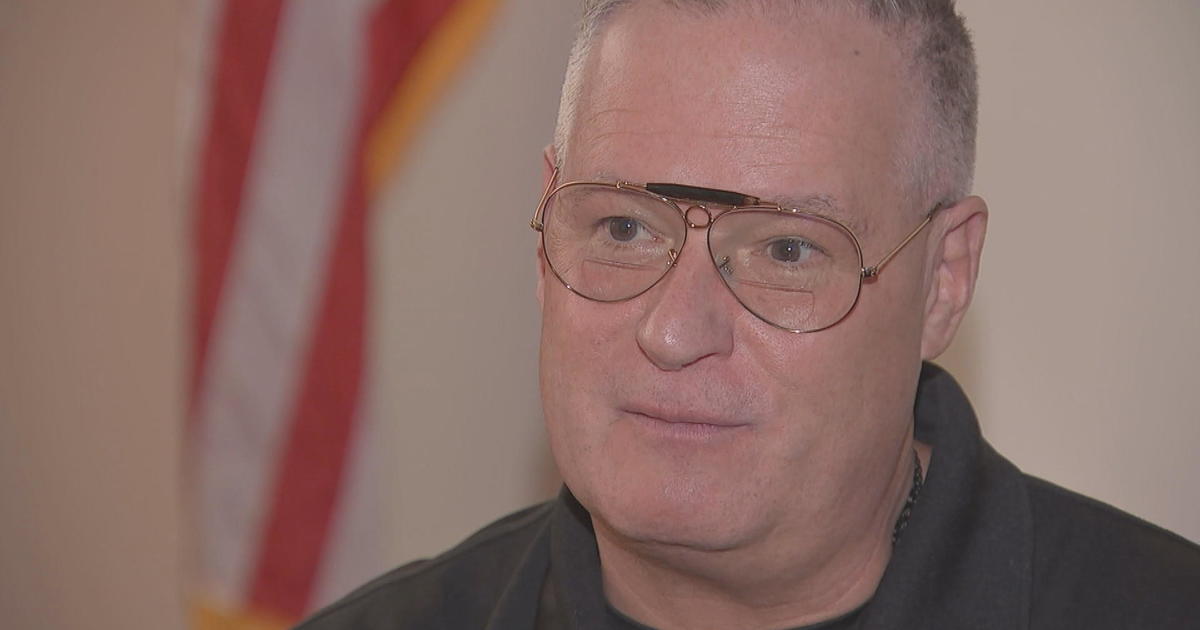Stockton University Helping Rehab Turtles, Which Are Dying At Record Pace On New Jersey Roadways
GALLOWAY TOWNSHIP, N.J. (CBS) -- If you're driving down the Jersey Shore, keep your eyes peeled. There are a record number of turtles, which have been hurt or killed crossing the road.
Every year hundreds -- if not thousands -- go down the Jersey Shore. They're not tourist, but native terrapin diamondback turtles.
"They're seeking high ground to put their eggs above the high tide line," John Rokita, a lab technician at Stockton University, said.
On four legs, they're trying to dodge traffic. Think of it as real life Frogger -- but with turtles.
"And in doing so, unfortunately, man, are hit by cars," Rokita said.
Philadelphia Weather: Downed Trees, Water Rescues Reported As Severe Storms Roll Through Region
If those turtles don't make it across the busy roads, volunteers scoop them up and rush them to a type of turtle trauma center.
Rokita is the head lab technician at Stockton's Head Start program. It's been around since the late 1980s and helps hatch and heal terrapins, which have been hit by cars. Like one female turtle whose top shell -- called a carapace -- was cracked.
"We put it back together like a jigsaw puzzle and as long as we don't get any adhesive between the carapace and the healing area, eventually the patch will fall off," Rokita said.
Hopefully, she'll be returned to the wild.
But there are many others. More than 600 turtles this summer alone have died due to a lengthened and warmer nesting season.
Those females killed were still brought to the center, their eggs removed and incubated.
Attorney Identifies 12 More Catholic Priests Accused Of Sexually Abusing Children In New Jersey
Rokita says they've recovered 900 eggs in the past three months. The ones that hatch are brought to a third room, where they are fed, grown and microtagged before heading back to the county they're from.
"Bulkheads, cars, roadways through their habitats all take a toll on the terrapin numbers," Rokita said. "This is just a little way of giving back to hopefully helping these guys out."
Rokita says you can help too.
"If you just slow down and take a minute or two or a couple second, they'll definitely make their way across," he said.



